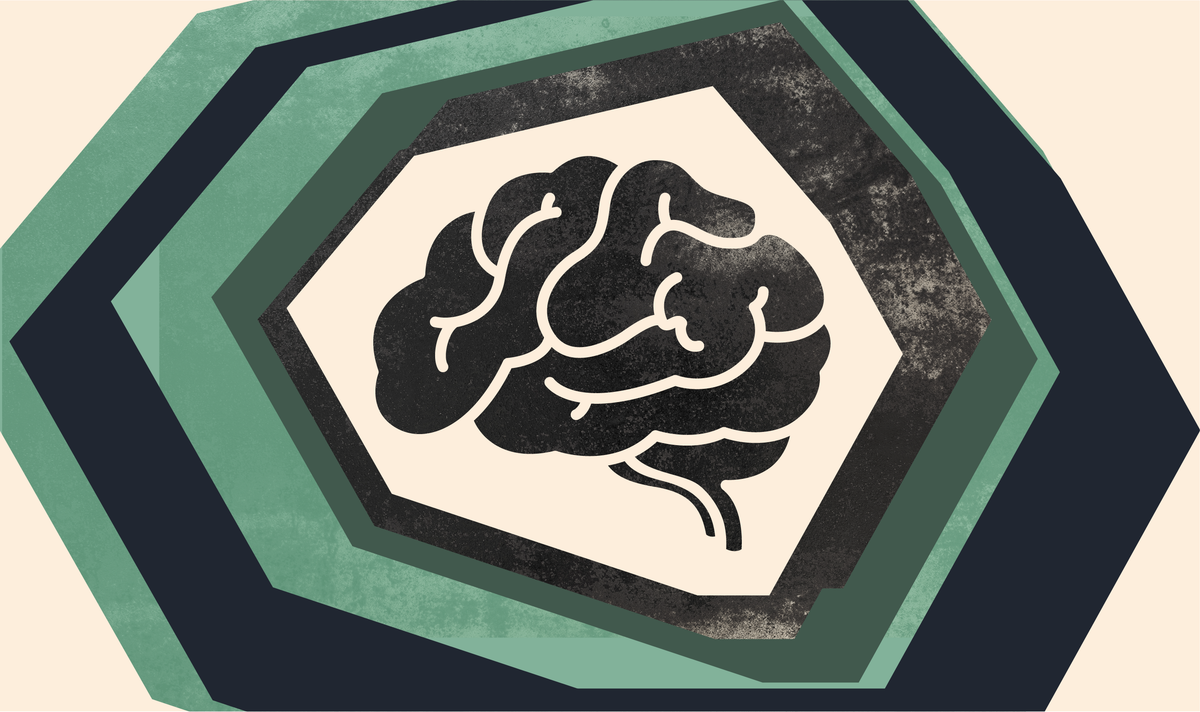ICE arrests prompt discussion about mental health impact
Meanwhile, conversations continued about antidepressants and heat intolerance, and posts expressed concern about influencers promoting disordered eating.

Meanwhile, conversations continued about antidepressants and heat intolerance, and posts expressed concern about influencers promoting disordered eating.
Recent articles and social media posts highlighted the mental health impacts of increasing Immigration and Customs Enforcement arrests. Other posts continued discussing mental health medications and heat intolerance and shared fears that social media influencers are promoting eating disorder behaviors.
Given these conversations, communicators may share mental health resources for immigrants, recirculate tips for avoiding heat-related illness when taking mental health medication, and outline the signs of negative body image and eating disorders.

Insights brought to you by the reporters and science writers of Public Good News (PGN), a nonprofit newsroom dedicated to improving community health.
What’s trending nationally in conversations about mental health
Several recent articles and social media posts discussed how increasing ICE arrests are impacting immigrants’ mental health. In a New Yorker article, a psychiatrist explained that her immigrant clients and their children are experiencing heightened anxiety, noting that many of her clients are afraid to leave their homes. Commenters on social media posts sharing that article and others expressed their own fears of deportation and reported experiencing anti-immigrant sentiments in their communities. In response to a Milwaukee news article about ICE arrests causing anxiety among both undocumented and documented immigrants, many commenters dismissed those concerns, with one comment saying, “If you are here legally, you have nothing to worry about.”
Online conversations about antidepressants and heat intolerance continued in the past week, and some articles also noted that taking antipsychotics and mood stabilizers can increase the risk of heat-related illness. Social media posts sharing the articles received hundreds of thousands of views. Many commenters stated that they were unaware of this risk and encouraged others to read labels on their prescription medications.
In late June, articles and social media posts discussed #SkinnyTok, a hashtag that TikTok recently banned due to concerns about promoting unrealistic body standards and extreme weight loss. An NPR article noted that while the hashtag may have disappeared, content promoting unhealthy weight loss tips remains prevalent across social media platforms. Commenters on posts sharing articles about #SkinnyTok debated whether banning the hashtag will have a positive impact on TikTok users’ mental health. Some expressed concern that social media influencers are promoting eating disorder behaviors, while others suggested that people who are negatively impacted by online weight loss content are “fragile.”

Recommendations brought to you by the health communication experts behind Infodemiology.com.
Recommendations for public health professionals
Each week, the Infodemiology.com team will provide messaging recommendations in response to some of the trending narratives outlined above. These helpful tips can be used when creating content, updating web and FAQ pages, and developing strategy for messaging about mental health.
Ongoing conversations provide an opportunity to share mental health resources for undocumented immigrants and therapist directories where people can search for culturally competent mental health care providers. Communicators may also recirculate general mental health resources that are free or low cost, including support groups and mental health helplines.
Ahead of future heat waves, communicators may want to prepare messaging about mental health medication and heat intolerances, as conversations indicate that many individuals are unaware of this potential side effect. Communicators may explain that many medications—including selective serotonin reuptake inhibitors (SSRIs), serotonin norepinephrine reuptake inhibitors (SNRIs), tricyclic antidepressants, antipsychotics, mood stabilizers, benzodiazepines, and beta-blockers—can increase the risk of heat-related illness. Sharing tips for preventing dehydration and heat-related illness is recommended. Messaging may emphasize that people who take mental health medication should continue taking it as prescribed by their health care provider.
Conversations about eating disorder behaviors provide an opportunity to share tips for navigating social media and body image. Communicators may also share the signs of body dysmorphic disorder, a mental health condition that causes a preoccupation with physical appearance, and treatment options. Sharing the types of eating disorders, their warning signs, and treatment resources is recommended. Resources include local eating disorder treatment centers and Project HEAL, which helps people overcome financial barriers to eating disorder treatment.
